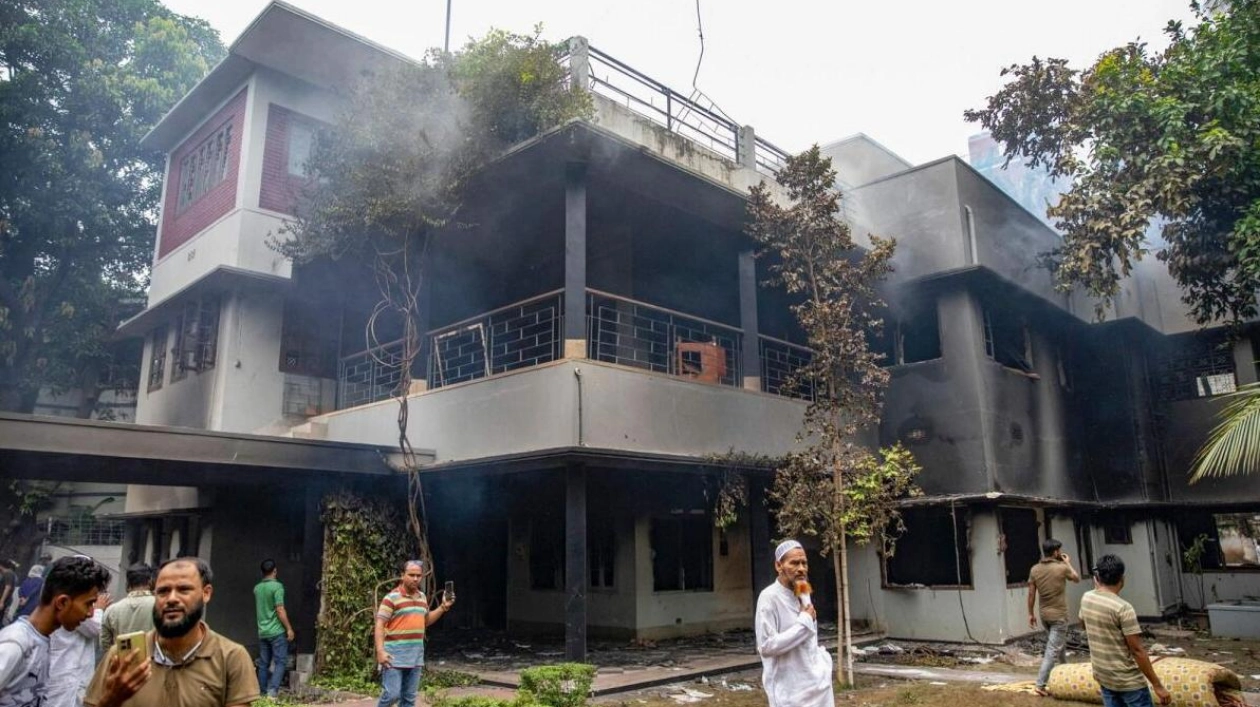On Tuesday, the leaders of the student protests in Bangladesh demanded the dissolution of parliament and issued a warning of a 'strict programme' if their deadline was not met. This demand came a day after Prime Minister Sheikh Hasina resigned and left the country. Nahid Islam, a prominent organizer of the student movement against Hasina, along with three other leaders, posted a video on Facebook stating that parliament should be dissolved by 3pm on Tuesday. They also called on 'revolutionary students to be ready' if their demand was not met.
General Waker-Uz-Zaman, the army chief of Bangladesh, was scheduled to meet with the student leaders at 0600 GMT to discuss the formation of an interim government, which is expected to hold elections shortly after its establishment. Zaman had previously announced Hasina's resignation on Monday. It was unclear whether the meeting had occurred and if the students' deadline to dissolve parliament was set after the meeting.
Earlier on Tuesday, some semblance of normalcy was observed in the capital, Dhaka, although traffic was lighter than usual and only a few schools reopened with sparse attendance. These schools had been closed since mid-July due to protests against government job quotas that evolved into a broader campaign against Hasina's administration. The violence resulting from these protests claimed the lives of approximately 300 people and injured thousands.
The student leaders, who initiated the movement demanding Hasina's resignation, expressed their desire for Nobel Peace Prize laureate Muhammad Yunus to serve as the chief adviser to the interim government. A spokesperson for Yunus confirmed that he has agreed to this demand.






